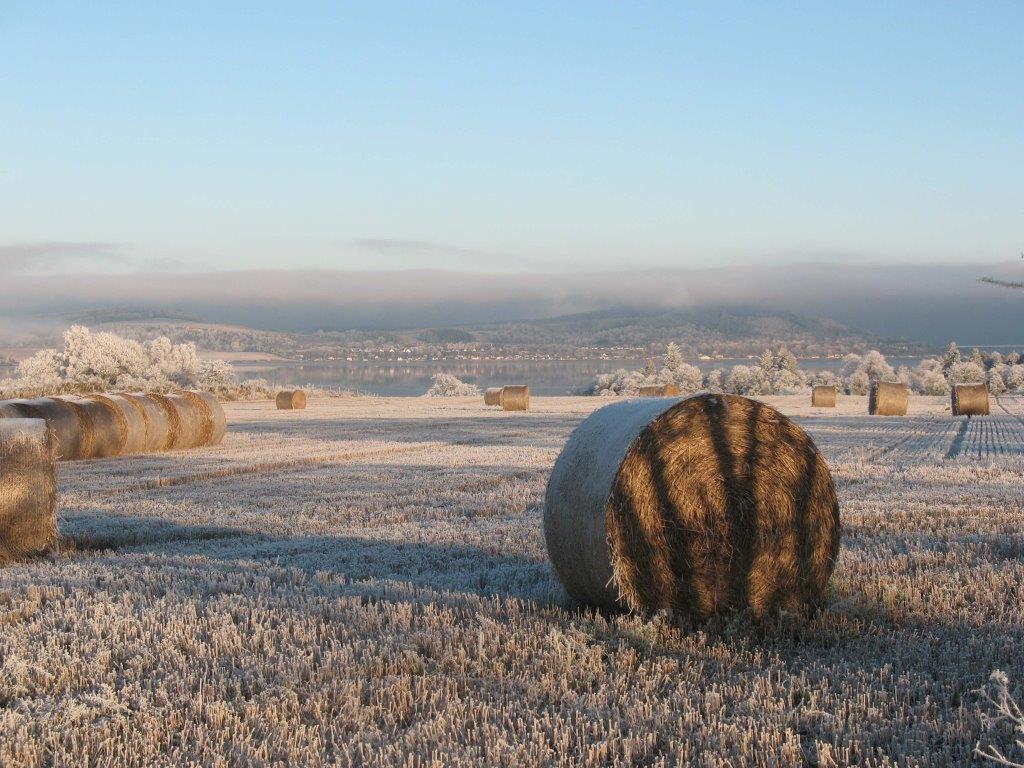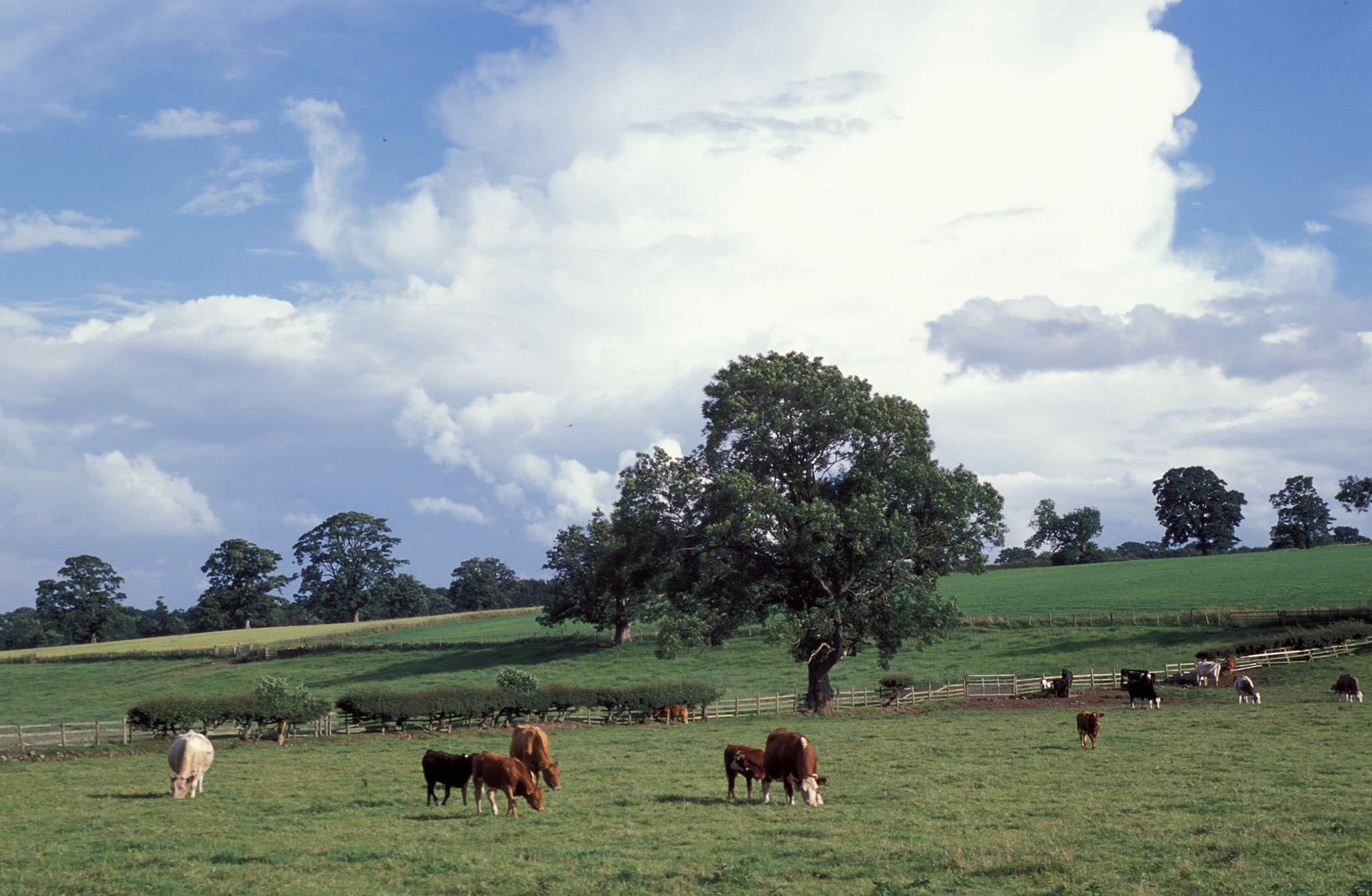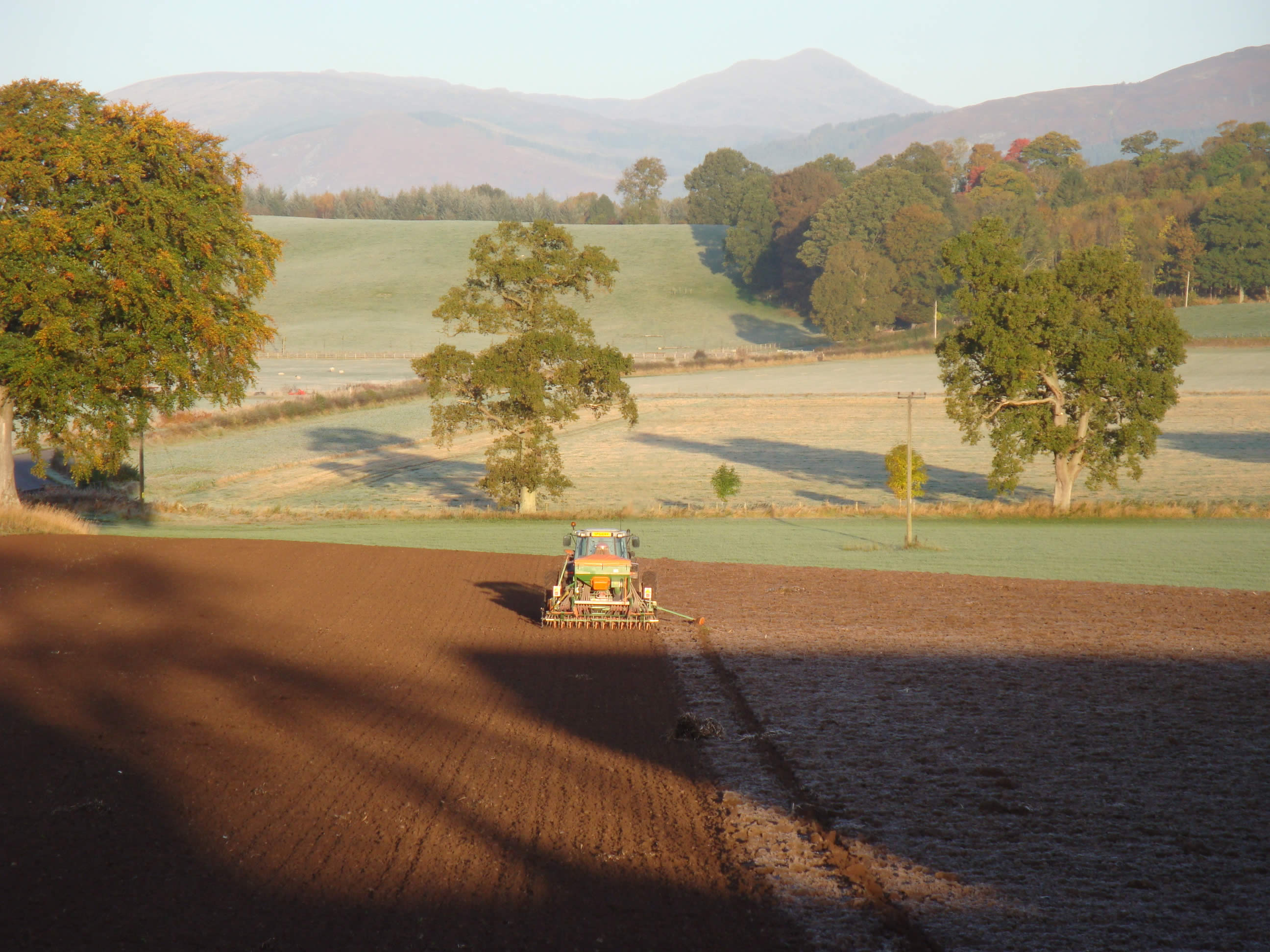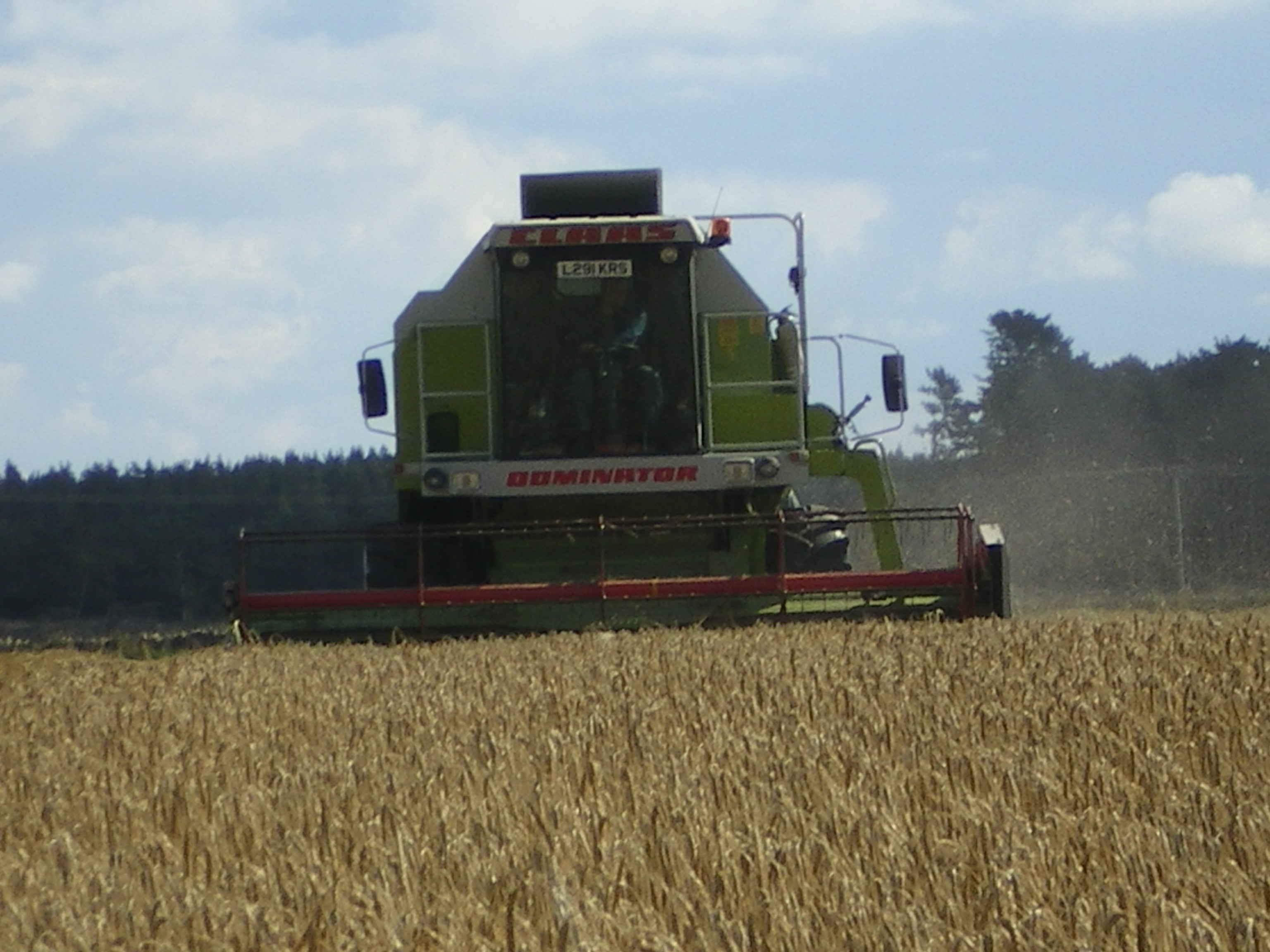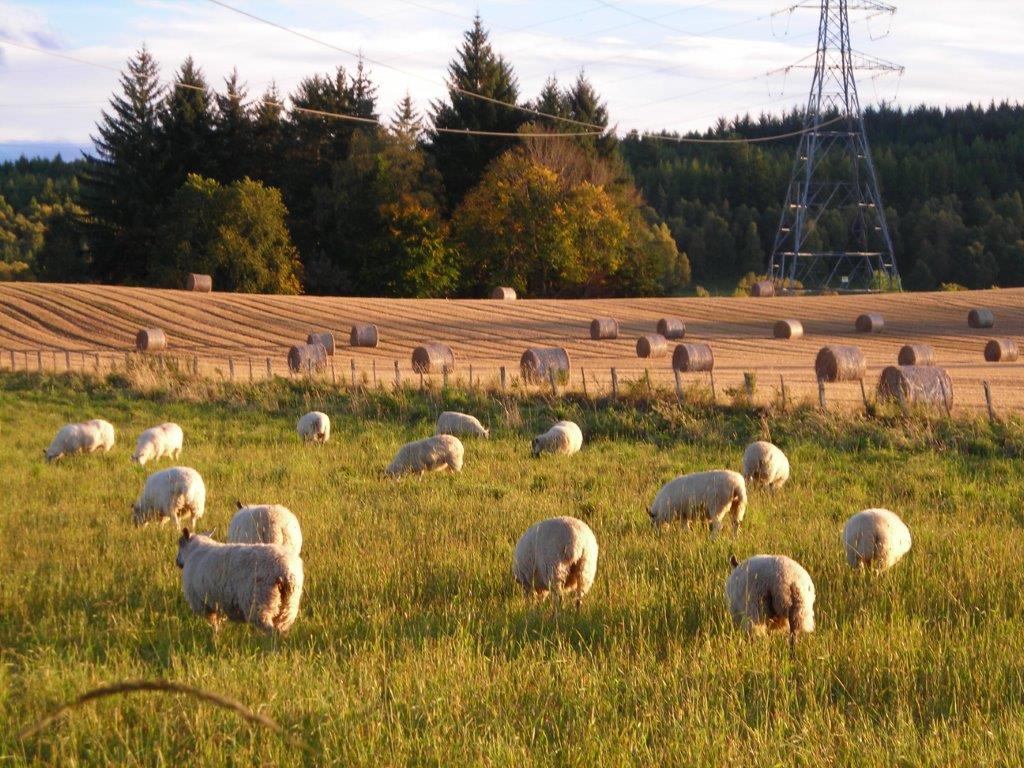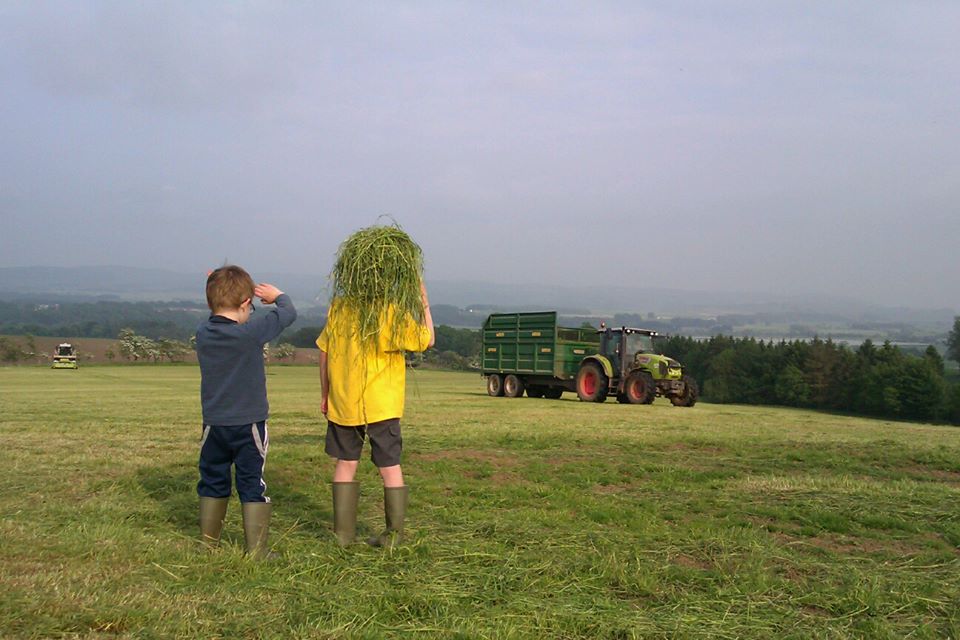Jan 14 2016
Tenants welcome Scottish Government’s assignation proposals for secure tenants
Scottish Tenant Farmers Association
News Release
13th January 2016
Tenants welcome Scottish Government’s assignation proposals for secure tenants
In submitting evidence to the Scottish Parliament’s RACCE Committee, the Scottish Tenant Farmers Association has welcomed the Government’s proposals which will allow secure tenants to assign their tenancy to a new entrant or progressing farmer, with the landlord having the option to purchase the tenant’s interest in their lease and improvements during the process. The valuation at which a landlord would be entitled under the proposal to recover vacant possession of the holding is based on the tenant’s share of the vacant possession premium and the value of the tenant’s improvements.
Commenting on the proposal STFA chairman Christopher Nicholson said: “This proposal is well thought out, recognising both the landlord’s and tenant’s property interests, and includes measures to ensure fairness to both parties and compliance with ECHR. Secure tenants will now have a route that allows them to exit their tenancies without relying on family members succeeding, secure tenancies will become available for newer farmers seeking a base for their developing businesses, and there is a greater likelihood of holdings remaining under secure tenure which gives incentive for tenants to modernise and invest.”
“However, STFA is concerned that there appears to be considerable misunderstanding within the industry around the proposed assignation measure. In a steadily declining tenanted sector increasingly bereft of opportunities, recent press claims by a small minority of Scottish estates is proof of the dogged resistance of some landlords to deny agricultural opportunity in the wider interest of Scottish agriculture. The assignation proposal appears to have been deliberately misinterpreted by some to scaremonger in a blatant attempt to undermine the proposal at the first opportunity. Contrary to press claims by these estates, the valuation of the tenant’s interest in their lease and improvements will not disadvantage landlords where there is an expectation of gaining vacant possession of a holding where the tenant has no successors. The valuation method proposed takes account of when a landlord would otherwise have been likely to recover vacant possession from the tenant. If the tenant is nearing retirement without successors the vacant possession premium will be minimal and the cost to the landlord will be no more than their current obligation to compensate for tenant’s improvements.”
“Before passing judgement on this proposal, landlords should seek to understand fully the measures that Scottish Government have included to ensure fairness to all parties. Furthermore, included is a two stage process based around industry waygo proposals which has widespread support from landlords to allow tenants to agree compensation for improvements before committing to quit their tenancies.”
“STFA has long advocated the assignation of 1991 tenancies to non-family members and welcomes the Government’s decision to include it in the bill. This new provision carefully balances the rights of landlords and tenants and in many ways provides the missing piece in the tenancy jigsaw and makes the Bill a more complete package. Not only will this measure open up opportunities for tenants to retire but it will also provide new entrants and progressing farmers access to secure tenancies and help to re-instate the missing rungs in the farming ladder. “


